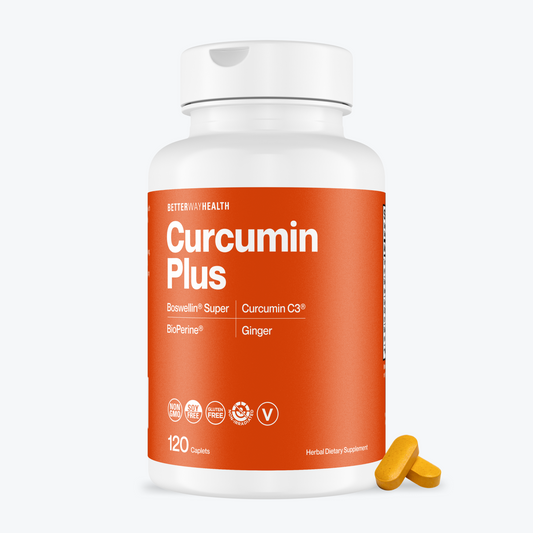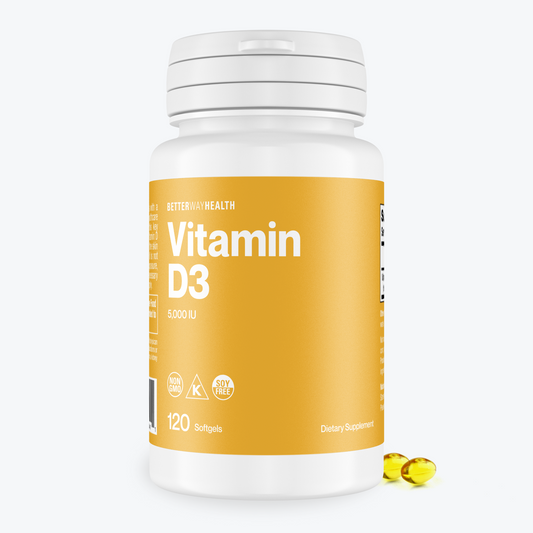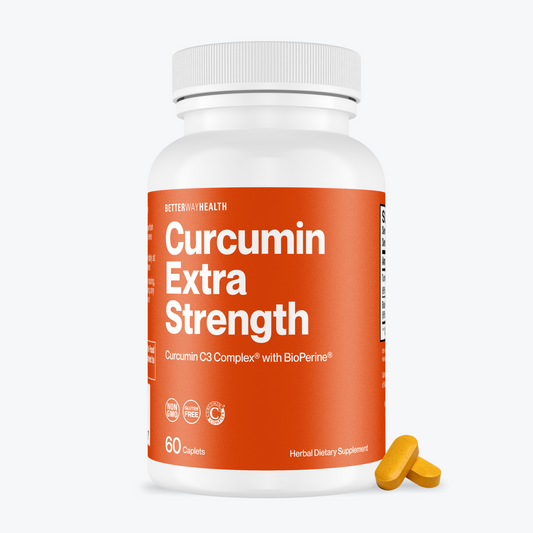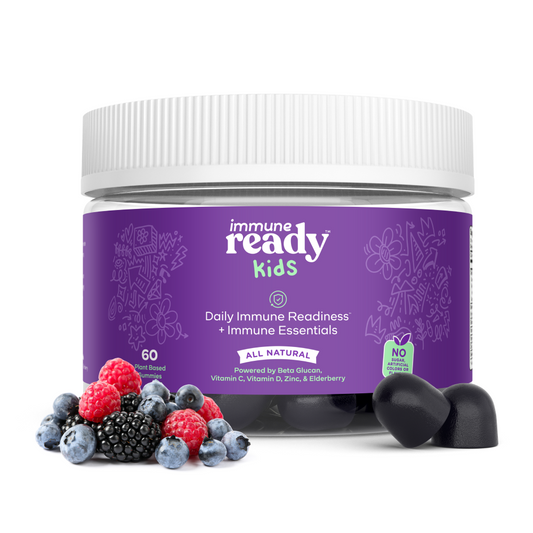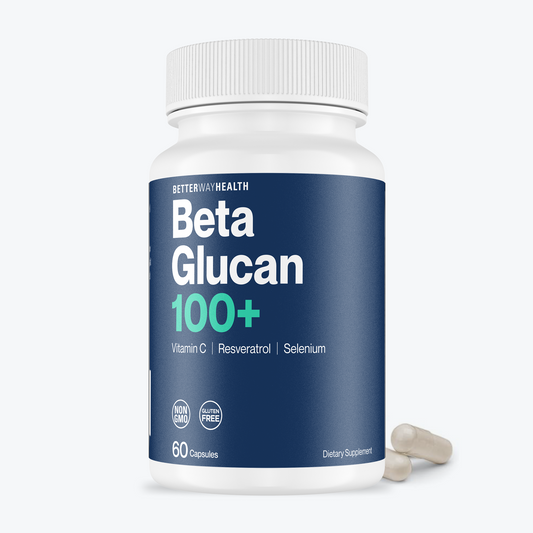The Real Truth About Hyaluronic Acid and Dry Skin
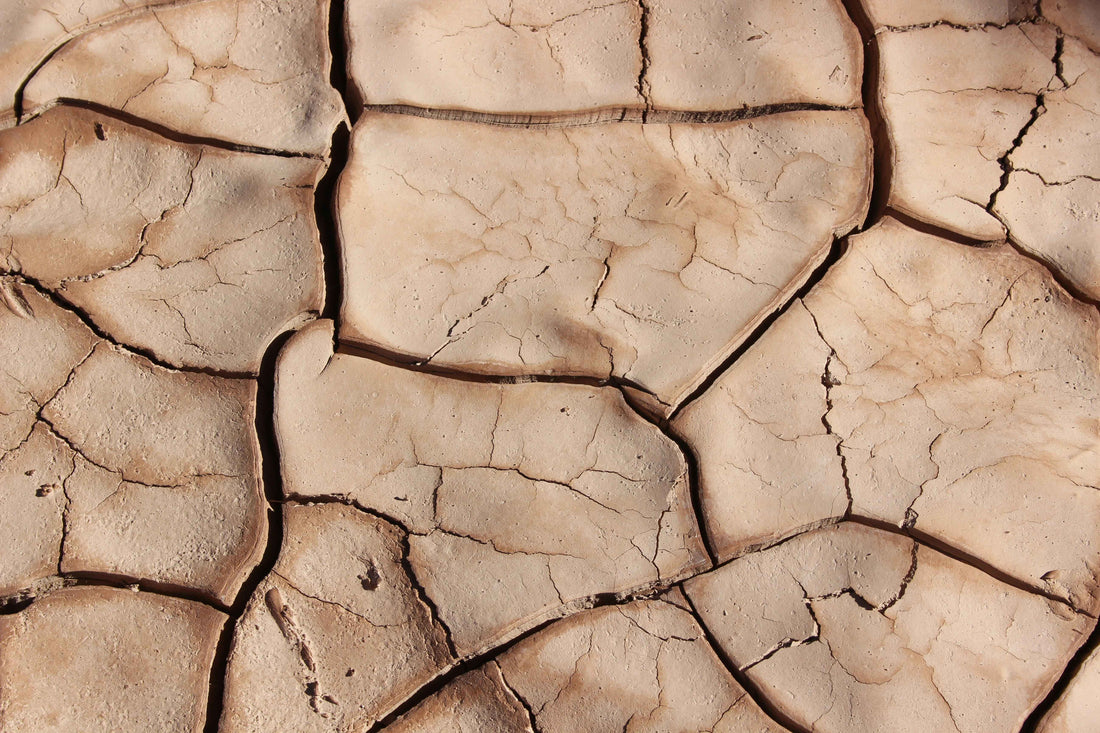
This is part of our resource, titled Is hyaluronic acid good for oily skin?
If you are battling with parched, flaky, and tight-feeling skin, hyaluronic acid serum could be your new best friend.
But here's the thing... without understanding why hyaluronic acid works on dry skin, you might not fully appreciate its hydrating superpowers.
Still, the question remains—is hyaluronic acid good for dry skin?
What is Hyaluronic Acid?
HA is a substance that is naturally produced in the human body and has a key role in skin hydration and suppleness. It is able to retain collagen and increase lubrication (1).
It is known as a humectant, which means that it is a moisture magnet with the ability to absorb moisture and retain skin hydration.
This substance provides intense "moisture retention," which makes the skin healthier and more flexible.
Is Hyaluronic Acid Good for Dry Skin?
Hyaluronic acid can drastically help dry skin because it has the unique ability to retain moisture.
Skin aging is linked to a loss of skin moisture, which can then lead to drier skin. This is where hyaluronic acid can be an effective treatment for both dry skin and signs of aging.
Because it is a humectant, HA may assist in keeping the skin moist throughout the day.
Research shows that one-quarter teaspoon of HA can hold roughly one and a half gallons of water (2).
Different Forms of Application
-
For certain aesthetic treatments or conditions, doctors may inject hyaluronic acid into the skin This provides immediate hydration from within.
-
You can apply topical products like serums or creams containing hydrolyzed hyaluronic acid to your skin regularly.
Popular Among Dermatologists
Dermatologists recommend skin products with high concentrations of this active ingredient.
Whether applied through topical products such as serums, eye creams, and lotions, or even injected (or as fillers) by board-certified dermatologists, many people seem to benefit from its properties.

How Hyaluronic Acid Works
The magic of hyaluronic acid lies in its ability to retain moisture and promote hydrated skin.
This wonder molecule, which the body produces naturally, can hold up to 1,000 times its weight in water.
When applied topically or taken orally as tablets, it works by binding itself with water molecules. This creates a protective barrier on your skin surface—an ultimate shield against dryness.
By regularly applying hyaluronic acid topically, studies have demonstrated improved skin hydration and elasticity.
What is a Hyaluronic Acid Allergy?
An allergic response to hyaluronic acid is an adverse reaction to a substance that is naturally found in the body or from certain skincare products.
It can impact how well your skin retains moisture as well as how much volume it holds.
If your immune system thinks that hyaluronic acid is an allergen or a foreign substance, it can trigger an allergic response. This kind of reaction could cause adverse effects.
Dive Deeper: Hyaluronic Acid Allergy: Causes, Side Effects, and Treatment
Known Benefits of Hyaluronic Acid
As HA has the ability to decrease the production of oily skin (sebum production), the skin will be less prone to blocked pores, breakouts, and pimples.
This provides extra peace of mind to those who experience acne-prone skin.
Furthermore, hyaluronic acid may provide the following benefits:
- Helps the skin stay moist
- Makes the skin feel firm
- Has qualities that slow down aging
- May reduce fine lines and wrinkles
Is Hyaluronic Acid Good for Acne?
It is possible that hyaluronic acid can be used to treat acne because it has the ability to hydrate the skin without causing the pores to become clogged. The overproduction of sebum, also known as an excess of oil, is one of the most significant factors that contribute to acne.
Deep Dive: Is Hyaluronic Acid Good for Acne?
Hyaluronic Acid Alternatives
Are there other natural skin treatments for dry skin? Sure. However, not all products are created equal.
Here is a list of the top alternatives to HA that could help with skin dryness.
- Vitamin B5: Skin creams or lotions containing vitamin B5 are often used to soften and smooth the skin.
- Vitamin C: Not just a treatment for the cold or flu, skin lotions and treatments containing vitamin C can help protect the skin from environmental stressors as well as provide beneficial antioxidants to combat dryness.
- Glycerin: Because of its capacity to absorb into the skin, it is widely considered to be the most efficient humectant. It's possible that glycerin can help protect your skin from bacteria and keep it from growing.
- Retinol: A form of vitamin A used for multiple applications in skincare. It contains anti-aging properties and is used to treat acne.
- Beta Glucan: Beta glucan is an all-natural supplement for the immune system that has taken the world by storm, especially in the beauty industry. Glucan is an immuno-modulator, meaning it has the special ability to activate and strengthen all of your immune system cells.*
Suggested Reading: Using Beta Glucan Long-Term to Boost Immunity

What is Beta Glucan?
Beta glucan, a natural polysaccharide derived from yeast or oats, has been gaining attention in the health and wellness world.
This compound boasts anti-inflammatory and antioxidant properties that can aid your body's total hyaluronic acid production.*
Glucan is categorized as an immunomodulator, which means that it has the ability to "modulate" (alter) your immune system in order to make it work in the most effective manner possible.
This compound, which resembles fiber, does its job by stimulating every type of immune cell in the body, including macrophages, neutrophils, basophils, and natural killer cells, among others.*
Suggested Reading: Beta Glucan vs 178 Competitors
The Science Behind Beta Glucan Skin Treatment
Over 50 medical and scientific studies on beta glucan are published weekly. A research study on women who used beta glucan topical cream in a dedicated skincare routine trial resulted in the following amazing results (3) (4)
- 56% improvement in facial wrinkles
- 27% improvement in skin hydration
- 29% improvement in skin firmness and elasticity

Nourishment at Its Best
Ever wondered why your skin feels so refreshed after using a beta glucan cream? This unique mix works on all layers of the skin to restore, nourish, and promote skin plumping.
Beta glucan replenishes the skin with essential nutrients and antioxidants and can aid in the tissue regeneration process involved in repairing damaged cells.*
It has the ability to target all layers of the skin and help in anti-aging treatment.*
The glucan molecules link up on the skin's surface to create a thin, invisible film that strengthens the skin barrier, targets all layers of the skin, and supports anti-aging treatment.
Suitable for All Skin Types
Whether you have dry, combination, or oily skin, beta glucan has got you covered.
It's gentle enough even for sensitive skin types.
Before trying any new topical products, it is advisable to seek advice from a board-certified dermatologist.
Now, let's delve deeper into how beta glucan helps combat dryness.
How Beta Glucan Helps Combat Dry Skin
For those with dry and dehydrated skin, introducing beta glucan into your skincare routine may be the key to relief.
Studies have shown that using topical products containing beta glucan reduces dermatitis and other symptoms of dryness (5).
- Inflammation Reduction: Inflammatory responses are common in all skin types, particularly in those with a weak immune system. It triggers redness and irritation, making the condition worse. But don't worry—the anti-inflammatory properties of beta glucans may help soothe irritated skin.*
Promotes Collagen Production: As we age, our collagen levels drop, leading to saggy, loose texture on our face and neck areas. This is where beta glucan shines. It stimulates collagen production, resulting in improved elasticity and giving us firm, youthful-looking, and hydrated skin.*

Additional Benefits of Beta Glucan for Your Skin
Our ingredient also works as a humectant for the epidermis, which means it retains moisture and prevents it from drying out.*
Why should you choose beta glucan replenishment cream?*
- Stimulates collagen synthesis and cellular proliferation
- Promotes wound healing
- Conditions and soothes damaged skin
- Helps reduce the signs of aging and refreshes tired skin
- Acts as an anti-inflammatory agent and cleanser
- Helps repair damage from photo-aging
- Has been tested extensively and shown to be safe
One of a Kind Skincare Ingredients
Our proprietary blend of beta glucan replenishment cream contains a powerful combination of the following ingredients for holistic skin treatment:
Aloe Vera
One of the most popular and widely used plants for skincare, aloe vera has been valued for over 4,000 years for its health benefits.
Aloe contains more than 200 biologically active compounds, including enzymes, sterols, antioxidants, minerals, amino acids, and vitamins, along with over 75 essential nutrients.
The traditional health advantages of aloe are supported by about 700 published scientific and clinical investigations. Our beta glucan cream contains no water and is composed of 64% aloe vera.
Our Cream Contains Four Different Types of Hyaluronic Acid
Sodium Hyaluronate
This ingredient acts as a sponge, retaining moisture, boosting suppleness, and plumping tissues. HA is well known for its incredible capacity to hold water, as it can bind up to 1,000 times its own weight in water.
Sodium Acetylated Hyaluronate
This form of hyaluronic acid binds to the skin's surface to lock in moisture for longer periods, increasing suppleness and elasticity.
In addition, this formulation is less sticky and has a more refined appearance than standard hyaluronic acid.
Sodium Hyaluronate Cross Polymer
This unique HA mesh has a water-binding capacity five times greater than standard hyaluronic acid.
The crosslinked HA gel, packed with water, leaves a soft film on the skin and distributes moisture to provide long-lasting hydration.
Sodium Citrate
This ingredient modifies the product's pH and prolongs its stability by neutralizing metal ions that often come from water sources.
Xanthan Gum
A natural polysaccharide used as a thickener and stabilizer, xanthan gum helps distribute other ingredients evenly across the skin.
Caprylyl Glycol
A multi-functional ingredient that softens and smooths the skin, caprylyl glycol also enhances the effectiveness of stabilizers like phenoxyethanol.
Sodium Benzoate
A preservative that primarily kills fungi, sodium benzoate works best at a pH level between 3 and 5 and is often combined with potassium sorbate for optimal efficacy.
Pentylene Glycol
Used as an emulsion stabilizer, solvent, and broad-spectrum antimicrobial, pentylene glycol also acts as a moisturizer and enhances the product's feel on the skin. It works well alongside preservatives and helps improve water resistance in sunscreen formulations.
Ethylhexylglycerin
A common cosmetic ingredient, ethylhexylglycerin is used with phenoxyethanol as a stabilizer.
It also functions as a deodorant and improves the ease of application on the skin.

Conclusion
So, we've explored how hyaluronic acid can combat dry skin. Then there's beta glucan, another natural powerhouse derived from yeast.
Its antioxidant properties may help shield your skin from environmental damage while boosting collagen production for improved elasticity and hydration, making it a trusted partner in improving dry skin.*
The combo of these ingredients? A game-changer for those battling dryness!
Explore the amazing benefits of beta glucan here!
(*These statements have not been evaluated by the Food and Drug Administration. This product is not intended to diagnose, treat, cure, or prevent any disease)
Still have questions?
Our ACES Team is always there to help.




